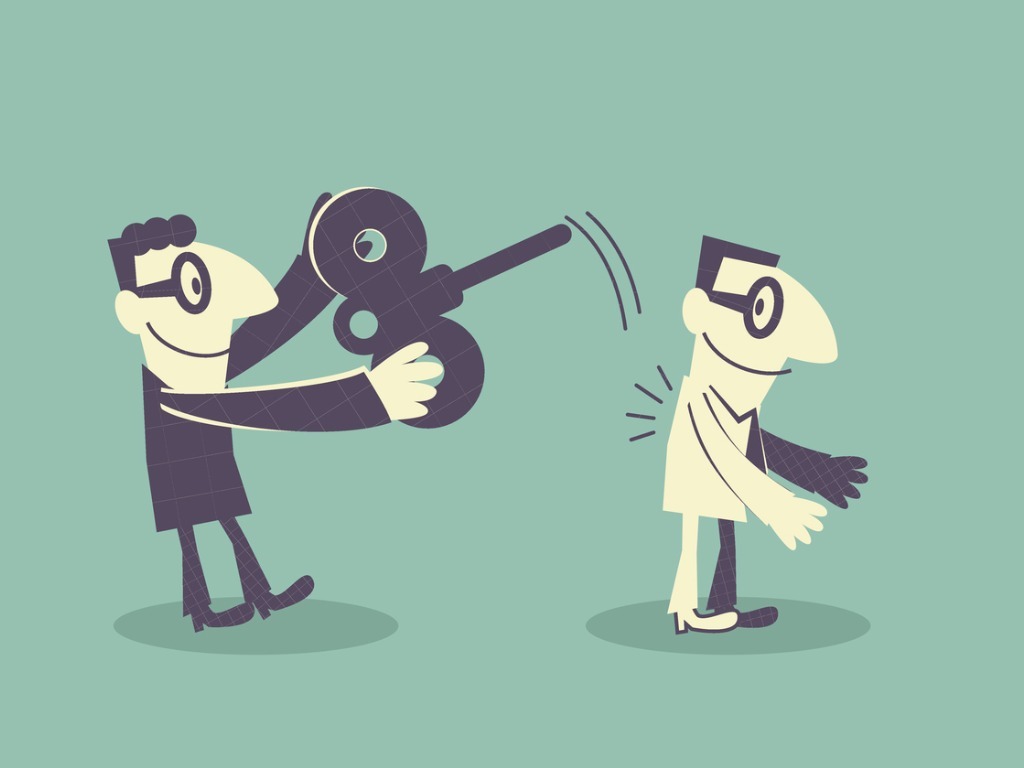
To continue enjoying our jobs and our careers, it is very important to detach from them periodically explains Marsha Egan
We all love our jobs. They fuel us. We find value in our work.
The challenge comes when work seems to take over our lives. This 24/7 connectedness can be toxic to a happy life. It has been shown that detachment from work is healthy, and one of the ways that allows us to thrive under stressful conditions at work. So, how do we detach?
Refocus
Many strategies seem to work. Those that involve refocusing on something else can be some of the best ways.
- Hobbies: Adopt a hobby that allows your mind to completely detach from the stressors at work. This can be very useful in switching your focus. As an example, if you like to paint, once you start that painting, your focus on completing it and enjoying the process can be an excellent way to detach.
- Learn new things: sometimes focusing on learning something new can be a great way to detach. As an example, if you always wanted to learn to speak French, attending classes or listening to audios can be a great source of taking your focus off work.
- Exercise: Most of us lament that we don’t exercise more… Building exercise into your weekly routine actually forces you to detach from thoughts about work. Working out at the gym, taking a swim, or going for a run shifts your focus quickly and effectively.
Technological Detachment
Another strategy that we can’t miss is that of detaching from all your electronica. Being able to be connected to the office via your PDA or cell phone has inherent dangers of total attachment. Turning off the computer, cell phone or iPad is an effective (and probably necessary) way to detach.
Set Boundaries
Detaching from work involves setting boundaries between work and other aspects of your life. As an example, when you walk in the door to your home, one of your boundaries might be that you turn your cell phone off for the first hour you are in your home. Another might be that you don’t check your email within one hour of going to bed. And another might be that you leave your PDA in the locker or in the car when exercising or having a social meeting.
Setting boundaries is a great strategy, and even more important is sharing those boundaries with the people who will be impacted most. By communicating your boundaries, most people will honor and respect them, and essentially help you remain detached.
Vacation Detach
Another area where detachment is important, and most likely expected by your employer, is when you go on vacation.
- Make a list. Before you leave, take the time to make a list of what is important, what is outstanding, and what can be delayed until your return. For each of those items make a plan for the continuation of the work. Review these items with your boss or other people who are involved. Delegate where you can. Having this plan laid out in advance will minimize your stress while you are on vacation.
- Leave tracks. Before you leave for vacation, make sure that your top projects or duties have “tracks”, in other words, ways for others to figure out their status.
- Buddy up. For those critical tasks, make sure someone else knows how to handle them. This is a great management principle at any time, but it is always better to make sure more than one person knows how to do any task. When you are going to be away for a period of time, buddy up, and make sure at least one other person knows your procedures.
- Allow yourself limited access. Before you leave for vacation, have a picture in your mind as to how much time you’re going to spend on work, and when you’re going to access your voice mail or email. Let others in the office know these plans; then the most important part of this is for you to STICK to it! This way, they know what to expect, and you have already laid down rules that you can follow yourself.
Enjoy your vacation. Enjoy your brief periods of detachment – your hobbies, your health, your family, your passions. Agree with yourself that detaching is healthy for you, and your organization, so give yourself permission to detach!













